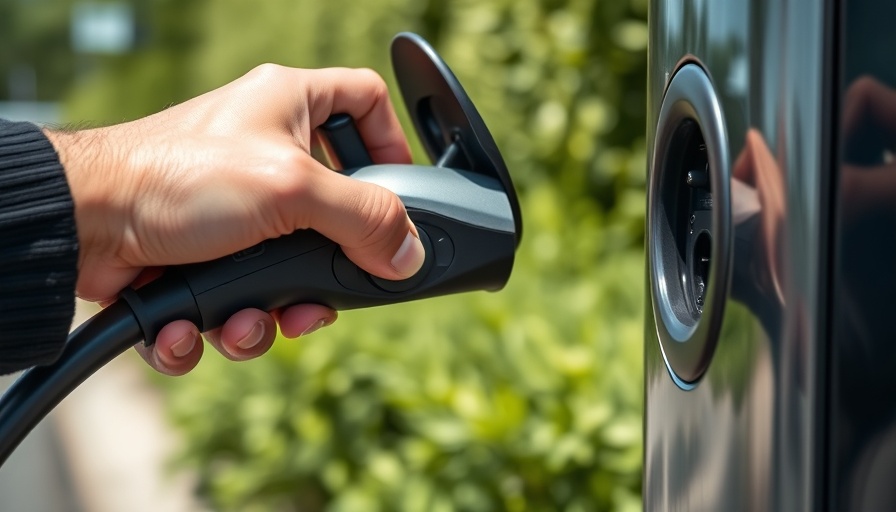
The Surprise Fall of Canada's EV Rebate Program
This week, motorists and dealers in Canada faced an unexpected turn of events: the federal rebate program for electric vehicles (EVs) has officially run out of funds and been paused. Originally projected to continue until the end of March, the Incentives for Zero Emissions Vehicles program (iZEV) finds itself empty. The speed at which the funds were utilized caught many off guard, indicating a surge in EV sales that exceeded forecasts.
What Does This Mean for the Market?
The pause raises questions, not just for Canadian consumers, but also for the broader North American automotive market. With the popularity of EVs on the rise, automakers like Ford, GM, Hyundai, and Nissan have stepped up to bridge the gap by offering $5,000 manufacturer discounts. This shift could hint at possible trends that could emerge in the United States as it grapples with its own EV incentive programs.
Government Goals and Reality Check
The Canadian government has ambitious plans for EV integration, aiming for 20% of vehicle sales to be zero-emission by 2026, ramping up to 60% by 2030, and achieving a full transition by 2035. As of 2023, ZEVs made up 11.7% of the market, but the sudden halt in financial support for consumers raises doubts. Industry voices are already advocating for a reconsideration of these mandates, especially in light of stalled public EV charging infrastructure, underscoring the need for practical and supported growth in this sector.
Environmental Implications of Rebate Cuts
While industry leaders voice their concerns, environmental advocates argue that halting these rebates is a shortsighted decision. Supporting EV adoption is crucial for decarbonizing strategies, especially in provinces rich in renewable resources like British Columbia and Quebec. The increased accessibility of electric vehicles could play a critical role in advancing Canada’s environmental objectives.
What Comes Next?
The immediate future for EV sales in Canada is uncertain. With no clear plan to restart the rebate program, consumers, dealers, and manufacturers are left wondering how this could affect sales and future electric vehicle strategies. The move from manufacturers to provide their own incentives may prove vital in maintaining momentum for EV sales, but it raises questions about sustainability and long-term viability in the absence of government support.
As Canada navigates this unexpected challenge, dealerships need to adopt flexible strategies to retain customers and bolster EV adoption in a complex landscape that now calls for even more proactive measures and engagements.
 Add Row
Add Row  Add
Add 




Write A Comment